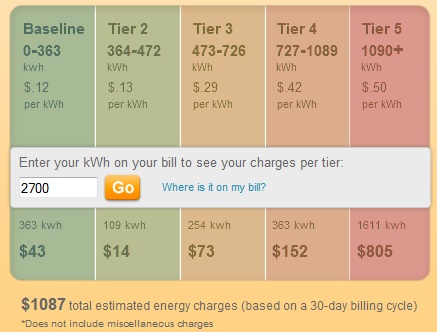HardOCP News
[H] News
- Joined
- Dec 31, 1969
- Messages
- 0
I thought these guys wanted to create a fast lane for companies? Now they want to do the opposite?
In a live chat on Twitter, Gigi Sohn, the FCC senior counsel for external affairs, said the regulator’s “open internet” proposals, to be published on Thursday, will seek comment on whether broadband internet access should be treated in the same way as electricity, telephone calls or water, where consumers have equal access to the same service.
![[H]ard|Forum](/styles/hardforum/xenforo/logo_dark.png)

